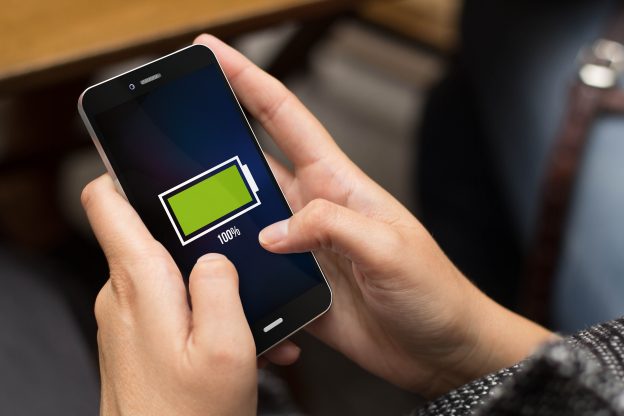In an interview with Rheinische Post, German Federal Minister of Economic Affairs and Energy Peter Altmaier stated that the EEG surcharge that is a part of German consumers’ electricity bills will be reduced by about a third at the start of 2022.
Altmaier claimed that the reduction will be the largest since the surcharge was introduced 20 years ago. This move is made possible by the increase in the number of renewable generation assets that are developed and maintained under the existing market environment and without the support of feed-in tariff. Altmaier also said that he would like the surcharge to be eliminated within the next three years.
Associated Press reported that climate change is a major issue for German voters in the upcoming federal election. The Green Party of Germany has gathered momentum in the recent period due to the current government’s weaker-than-expected performance in the area of climate change as well as the recent catastrophic floods in the western part of the country. On other hand, there is a significant portion of the German public that is wary of the government pursuing more radical climate and renewable energy policies because of the associated costs. It should be noted that the eventual elimination of the EEG surcharge is something that most German political parties agree on.
A recent article in the New York Times pointed out that electricity prices across Europe have risen substantially in part because countries in the region are making a rapid transition from fossil fuels to renewable energies for power generation. Martin Brudermüller, CEO of German chemical giant BASF, told CNBC that political leaders have to work with industry leaders in order to effectively implement policies that reduce CO2 emissions. He also suggested that raising CO2 emission targets may not be the best way for Germany.
According to Fraunhofer Institute of Systems and Innovation Research, the EEG surcharge covers the difference between the revenue from selling EEG-subsidized power on the market and the payments made by transmission network operators for power generated by renewable sources. The surcharge was capped at 0.0641, 0.0676, and 0.065 euro per kWh respectively for 2019, 2020, and 2021. To compensate for the surcharge reduction that will take place next year, the German government will use the revenue produced by its carbon pricing scheme to support the development of renewable generation. While lowering the EEG surcharge will be a relief for German consumers, the carbon pricing scheme has been criticized for having a disproportionate economic impact on low-income households.







